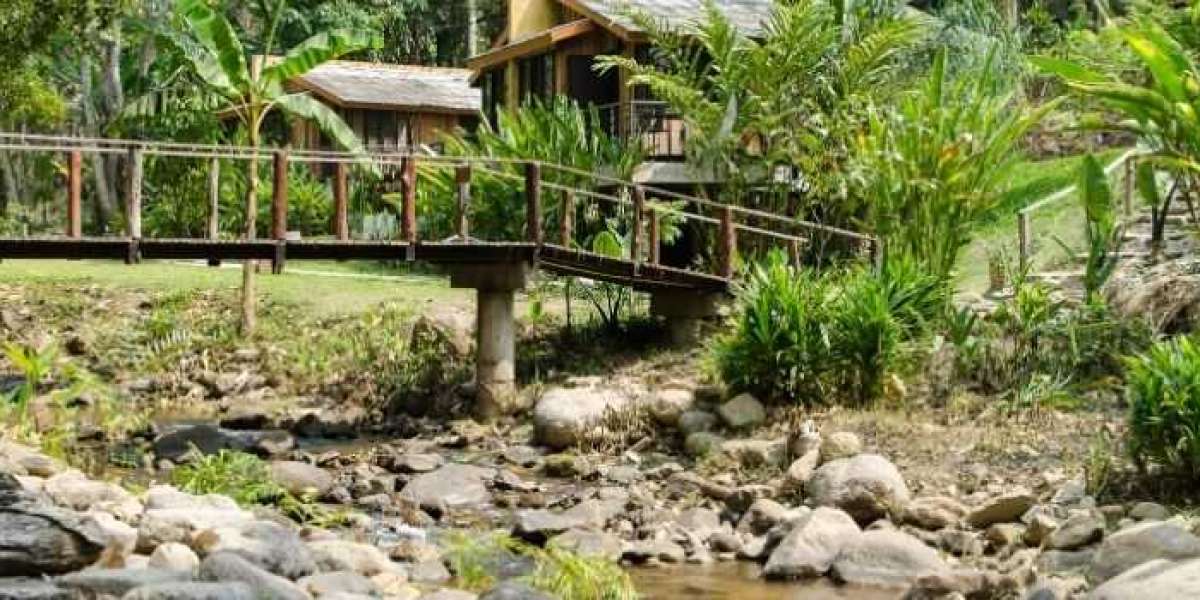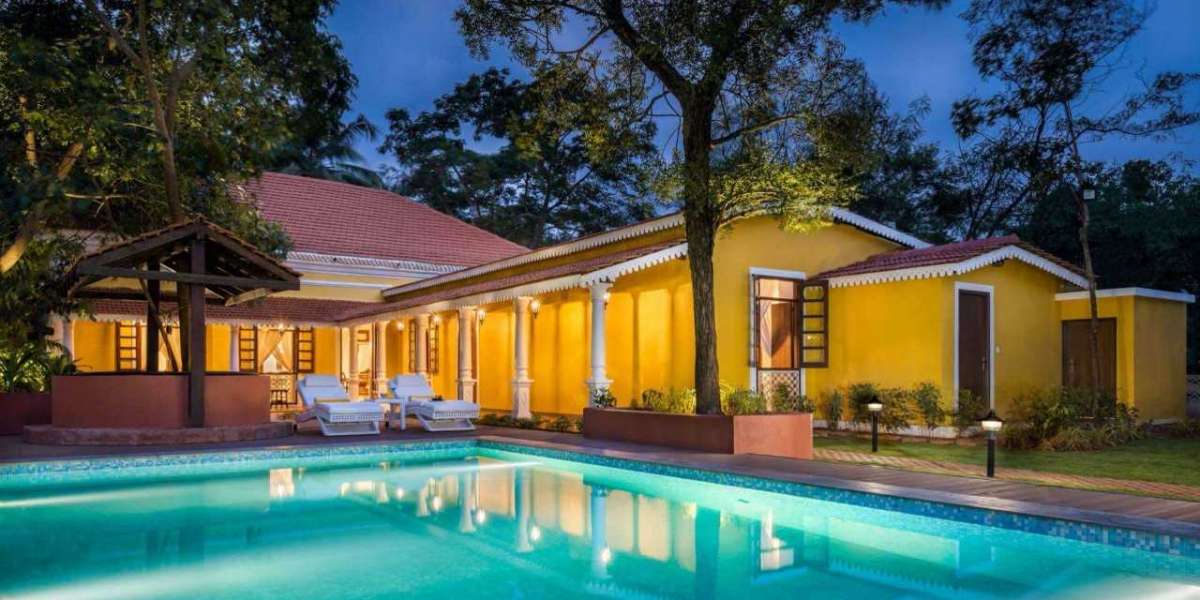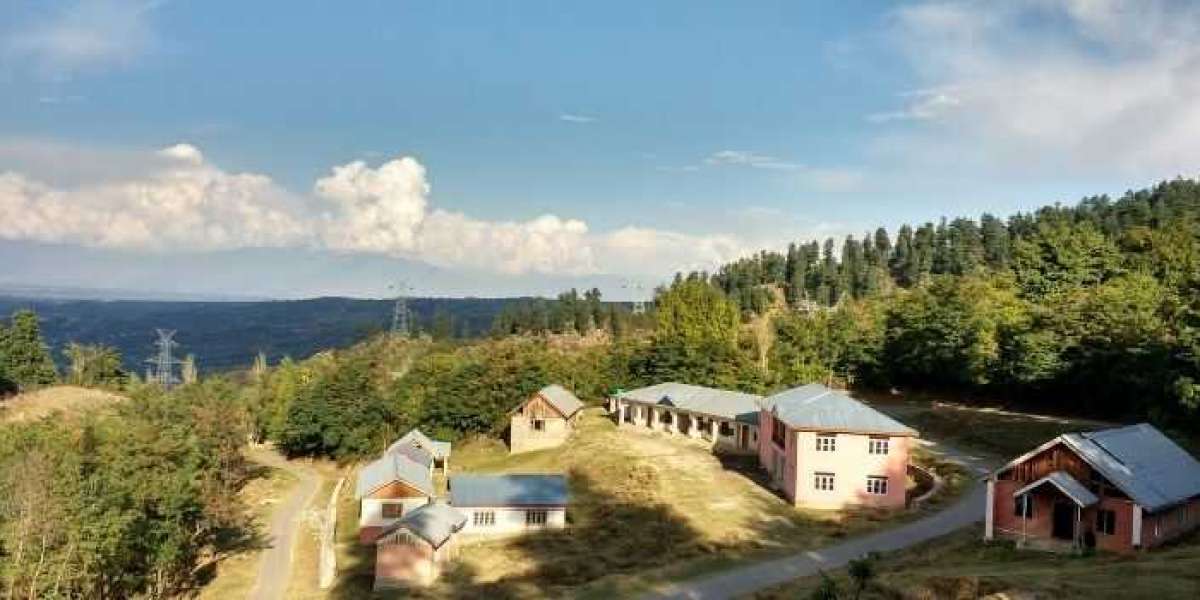According to the Article published in BW HOTELIER, United Nations World Tourism Organisation (UNWTO), is defined as “tourism that takes full account of its current and future economic, social and environmental impacts, addressing the needs of visitors, the industry, the environment and host communities.”
Not only are the authorities and industry inclined towards sustainable practices but the guests and travelers to prefer environment-friendly options. Booking.com’s 2020 Sustainable Travel Report identifies sustainable travel as important to 96 percent of Indian travelers with 76 percent determined to make sustainable choices when looking to travel again.
Therefore, it now becomes imperative for the hospitality industry to adopt sustainable measures in terms of the environment as well as people because responsible hoteliers are not just about saving Nature but also about economic progress and social development. Social concerns like inclusivity, maintaining work-life balance, promoting employees’ health and wellbeing, sourcing supplies locally, and stimulating entrepreneurship is all part of the sustainability agenda.
The hospitality industry has been quick to make these sustainable practices a part of its agenda and is progressively turning ‘green’. Almost all prominent players such as Marriott, Indian Hotels Company (IHCL), Hilton, InterContinental Hotel Group (IHG), Wyndham, Accor, Fortune Park, Hyatt, and ITC Hotels have policies in place to reduce water wastage, conserve energy, recycle, reuse and lower the carbon footprint.
IHCL: ELIMINATING SINGLE-USE PLASTIC
With clear goals for environment indicators and measurable parameters, Indian Hotels Company Limited (IHCL) focuses on the elimination of single-use plastic. “Replacing plastic straws from all properties and the installation of bottling water plants at 15 of our hotels has eliminated 0.2 million kg of plastic,” says Gaurav Pokhriyal, Senior Vice President Global Head Human Resources, IHCL.
He adds that IHCL is credited with the launch of the country’s first ‘zero single-use plastic hotels’ - Taj Exotica Resort Spa, Andamans. “Apart from 47 platinum-certified hotels out of 78 EarthCheck certified hotels, IHCL has joined hands with Tata Power for the supply of solar energy for our key hotels in Mumbai and reduced nearly 23 million kg of CO2 emissions on an annual basis,” continues Pokhriyal.
IHCL identifies and supports disadvantaged, vulnerable, and marginalized stakeholders from target geographies and focuses on building livelihoods through skilling, extending handholding, and business opportunities to micro-enterprises, artisans, and social impact organizations. “Some of the group’s key initiatives include 13 hospitality skill centers and programs to preserve the cultural heritage of the country with projects such as heritage walks with Pardhis and Banarasi Silk Weaving Programmes since 2008 as also focussing on sourcing from the vendors belonging to the marginalized community, small-scale farmers and women self-help groups by offering them inclusion in our supply chain,” shares Pokhriyal.
According to IHCL’s Sustainability Report, the company sources over 23 percent of energy from renewable resources like wind and solar and owns 24 properties powered by renewable energy.
MARRIOT: SERVE 360
Marriott’s Serve 360 program focuses on two major aspects – Nurture Our World and Empower Through Opportunities –which talk about sustainability and social impact respectively. “We want to reduce water intensity by 15 percent, carbon intensity by 30 percent, waste that goes to the landfill by 45 percent and have 30 percent of our hotels on renewable energy by 2025,” says Hemant Tenneti, Senior Area Director Operations - South Asia, Marriott International.
In India, the company has taken steps to implement its global goals, beginning with design. While partnering for its future projects, the sustainability element in the design of the project is evident from the materials used for construction. Strict standards are laid out to ensure that during the construction and opening phase, the building is sustainable in terms of its practices involving air-conditioning and HVAC impact, using renewable energy resources and sourcing local ingredients. Marriott has reduced the intensity of water in showerheads, washbasins, during dishwashing and cooking to conserve water. “As water consumption is the highest in these areas, so with the help of technology, we use the right machines and controllers that can be tracked digitally to ensure water intensity is right without impacting the guest experience,” Tenneti adds.
The brand plans to replace plastic water bottles with glass ones in the rooms which are recycled in-house by installing water bottle recyclable plants in every hotel. Tenneti informs they have already started this initiative in six hotels and plan to implement it in every hotel soon. All Marriott properties will be switching to digital key cards to eliminate single-use plastic.
“We are looking at renewable energy sources, be it solar or getting energy from the existing sources. It is a green method that makes it carbon neutral in terms of our ability to run a building. All the hotels are now being urged that they be certified as sustainable hotels,” Tenneti shares.
The group is working with Energy Efficiency Services Limited, Government of India, to install electric charging stations across 40-45 Marriott hotels for private as well as public use and eventually convert its travel fleet into electric vehicles.
The Marriott Group has a clear focus on gender diversity in India. “There is a specific goal we have defined like the number of women leaders we need to have in our team. We, as an organisation, continue to ensure the ratio consciously grows and we are gender-equal at some point in time. There has been a conscious effort to make it inclusive and not limit it to women,” adds Tenneti.
ACCOR: PLANET 21
Accor believes each one of its hotels is a planet in itself and it is its duty to help spread awareness and collaborate with all its stakeholders – guests, employees, communities, and partners. “With this collaborative approach towards sustainable innovation, we launched Planet 21 – an acting program that endeavors to act for ‘positive hospitality’,” says Maverik Mukerji, General Manager Delegate – Accor Bengaluru, Mysore GIFT City – Sustainability Champion for Accor in India South Asia.
“The program is structured around six pillars: engaging guests in a sustainable experience, co-innovating with partners to open up new horizons, working hand-in-hand with the local communities for a positive impact, acting as an inclusive company for our people, moving towards carbon-neutral buildings, and striving for zero waste and healthy, sustainable food,” says Mukerji.
All Accor hotels stopped using plastic straws back in 2019 and this year, the entire chain has replaced single-use bathroom amenities with a more sustainable alternative. The company plans to implement a food waste management solution program to reduce food wastage by 30 percent.
According to the company’s latest sustainability performance report of 2020, almost 92 percent of hotels have achieved bronze ratings in the Planet 21 program. According to the program, the hotels achieve different ratings by putting specific mandatory pro-environment and pro-community measures in practice, with at least 16 mandatory actions. Depending on the number and type of measures taken by the hotels, they are categorized in a four-level rating system – bronze, silver, gold, and platinum levels. Each level marks the progress the hotels are making towards implementation of the program and benchmarking including actions starting simply from proposing guests use towels and linen for more than one night, offering eco-friendly amenities such as soaps, shower gels, shampoos to ensure all waste is managed properly.
Other elements include removing plastic straws, stirrers, and cotton buds, banning the use of threatened fish species, complying with water flow standards for all showers, taps, and toilets, ensuring that all wastewater is processed, and using energy-efficient light bulbs. “Additionally, all new hotels will be green buildings as we move ahead with new technological innovations,” Mukerji puts in.
IHG: JOURNEY TO TOMORROW
InterContinental Hotels Group recently launched Journey to Tomorrow, a series of ambitious new commitments to make a positive difference for people, communities, and the planet over the next decade. “To provide true hospitality for good, we will work side-by-side with those who stay, work and partner with us, to help shape the future of responsible travel – supporting our people and making a positive difference to local communities while preserving our planet’s beauty and diversity long into the future,” shares Sudeep Jain, Managing Director, IHG.
With hotels in more than 100 countries and ambitious growth plans, the brand implements a 2030 science-based target that delivers 15 percent absolute reduction in direct operations, 46 percent per meter square reduction in franchise operations, target 100 percent new-build hotels to operate at very low or zero carbon emissions by 2030, maximize or optimize the role of renewable energy, eliminate single-use items, or move to reusable or recyclable alternatives across the guest stay, implement tools to reduce the water footprint of its hotels, mitigate water risk through stakeholder collaboration to deliver water stewardship at basin level, and collaborate to ensure adequate water, sanitation, and hygiene (WASH) conditions for its operating communities.
A cornerstone of IHG’s culture is passion and commitment to diversity, equity inclusion (DEI). “It’s not crucial to who we are but how we work together and grow our business, and the sense of belonging colleagues feel as also the freedom to be themselves. We’re a business all about people, and together as one team, we create a diverse and inclusive culture that we know is increasingly valued globally by millions of guests staying in our hotels, thousands of owners investing with us, and the talent of tomorrow who choose to join our team,” Jain puts in.
WYNDHAM: GREEN TOMORROW
Wyndham’s global sustainability program, Wyndham Green is a five-level certification program that helps reduce a hotel’s environmental footprint and includes a proprietary environmental management tool that tracks data to help hotels improve energy efficiency, reduce emissions, conserve water, and reduce waste. “Our work has been recognized through participation in CDP’s climate change response where we achieved the leadership band for sustainability performance and disclosure,” shares Nikhil Sharma, Regional Director, Eurasia, Wyndham Hotels Resorts, EMEA.
Wyndham remains committed to reducing energy and carbon footprint at all its properties by continuously evaluating opportunities to increase efficiencies and usage of renewable energy where feasible. By 2025, the group aims to reduce carbon emissions in Scope 1 and Scope 2 emissions by 15 percent as compared to the 2019 baseline, achieve 100 percent renewable energy at owned properties, corporate headquarters, and North American offices. The brand has launched a 2025 target to reduce water usage by 15 percent per sq ft.
Throughout the company’s value chain, from team members, franchisees, partners and suppliers to the community and guests, Wyndham believes that diversity of backgrounds, cultures and experiences help drive the company’s success. The company’s Count on Me service defines how they interact with guests, stakeholders, communities, and each other. The brand’s performance management, mentorship and sponsorship programs as well as global talent review and succession planning process nurture the best performers with special attention to the under-represented groups. “We strive to maintain a culture of diversity, equity, and inclusion. Strong ethics are the foundation of our corporate culture, with integrity being one of the company’s core values. We recognize that the companies with effective compliance programs not only make good ethical decisions but outperform their peers,” Sharma puts in.
HILTON: TRAVEL WITH PURPOSE
Hilton’s Travel With Purpose program is its Environmental, Social, and Governance (ESG) strategy to drive responsible travel and tourism globally. The company has committed to double the investment in social impact and cut environmental footprint to half by 2030. A technology they rolled out across all Hilton properties worldwide is LightStay, a proprietary performance measurement technology they built a decade back to measure and analyze environmental footprint.
“Our hotels have to declare an annual emissions reduction target and meet this benchmark to hit their key performance indicators. With a comprehensive platform for environmental and social impact reporting, and by simplifying energy, water and waste performance into simple scores, LightStay enables our team members to measure and manage the hotel’s environmental performance effectively. Also, the system tracks historical energy and weather data to forecast future energy consumption levels, and helps predict the impact of performance on operating efficiencies,” says Amandeep Grover, General Manager, Hilton Goa Resort.
Hilton has set a specific target as a part of its Travel with Purpose 2030 goals, to reduce water consumption and waste by 50 percent. In 2019, the company became the first major hotel company to set the goal of sending zero soap to landfills and collaborated with partners all over the world to form the industry’s largest soap recycling program.
Over the last 10 years, Hilton has diverted more than one million kilograms of soap waste from landfills which have been recycled into more than 11 million new soap bars distributed to people in need, across 127 countries. “Within India, we have implemented a 100 percent soap recycling partnership with a non-profit organization, Sundara, and successfully recycled 1,500 kg soap last year,” Grover puts in.
Aside from recycling soap, Hilton is committed to reducing plastic waste by replacing single-use plastic straws, stirrers and cocktail pick with sustainable materials across all its properties. In the Asia Pacific region, they have removed all plastic water bottles from hotels’ meeting and event spaces. To meet the target of 61 percent carbon emission intensity reduction across all hotels, Hilton implemented measures such as efficient building design, equipment, technology and best practices. Grover informs, “For instance, we install LED lighting, motion sensors, and replace outdated equipment with more technologically advanced, energy-efficient models. Individual properties have also trialed and adopted innovative technologies and solutions that suit their needs.”
FORTUNE: GOING LOCAL
Fortune Hotels, a fully owned subsidiary of ITC Limited, is inspired by the vision and lineage of its parent company. It has handcrafted the policies and approach towards sustainability and custom fit them to suit the mid-market to upscale hotels and style of operations. The vision and plans are converted into actions through a series of Standard Operating Procedures and Directives for ease of understanding and implementation.
“Sustainability has always been in our DNA and has been widely applied across various touchpoints of our business operations, human resources. Environmental and municipal aspects are vehemently covered and tracked,” explains Arindam Kunar, Vice President - Operations, Fortune Hotels.
“Being a management company, we constantly handhold our hotels and guide them in identifying and implementing sustainability initiatives like resource conservation, pollution control, recycling of water, and waste management. Our role as a consultant has become even more critical than ever since the pandemic began. For instance, conventional benchmarks have been revised and made more stringent for the pandemic period,” he continues.
Considering the resource crunch in these unprecedented times, the brand’s focus has been more on process control rather than capex investment. The other aspects of sustainability, like going local as far as cuisines, purchases and recruitment are continuing to get focused on.








